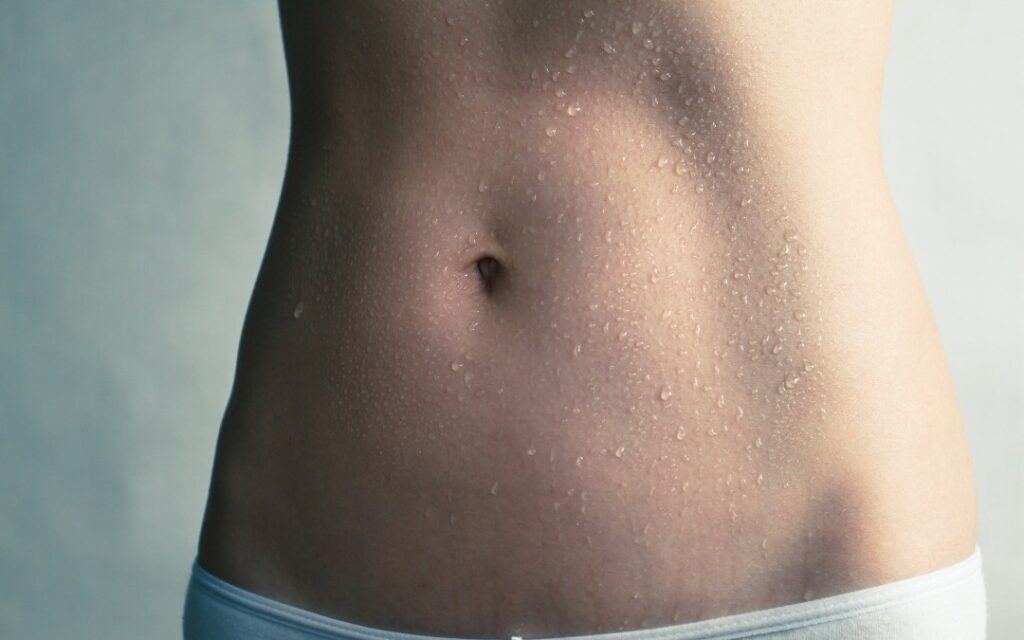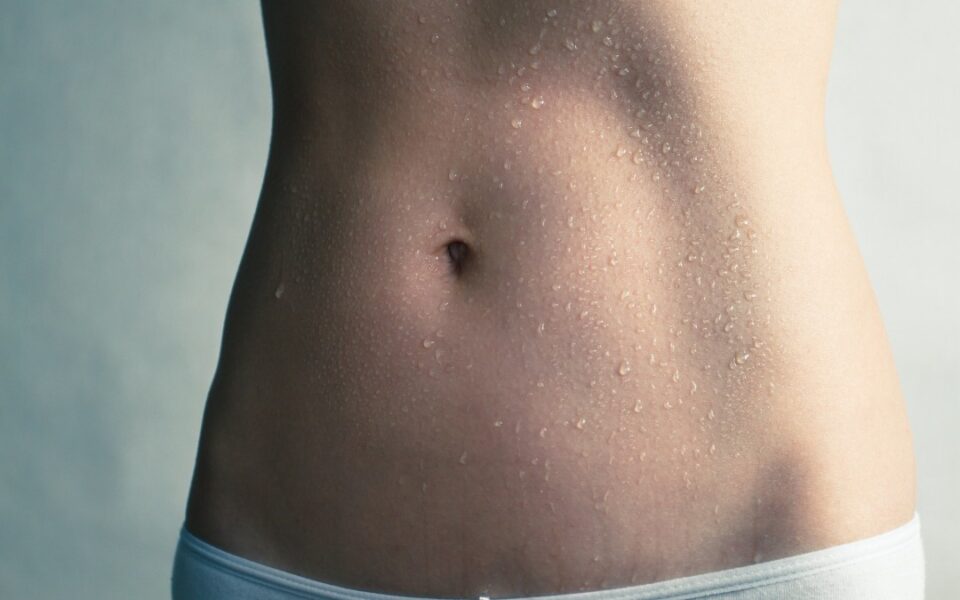Sweat It Out: Does Shedding Water Help You Burn More Calories?
In the world of fitness and weight loss, the age-old adage “sweat it out” often evokes images of intense workouts and sauna sessions. The belief that sweating can lead to significant calorie burn is pervasive, leading many to wonder whether shedding water weight contributes to their overall fitness goals. Let’s delve deeper into the science of sweating, its implications for calorie expenditure, and the broader picture of weight loss.
Understanding Sweating
Sweating is the body’s natural cooling mechanism. When your body temperature rises due to exercise or external heat, your sweat glands produce moisture that evaporates from your skin, helping to cool you down. While sweating is a sign that you are exerting energy and, perhaps, burning calories, it’s essential to understand the relationship between sweating and actual calorie burn.
The Caloric Cost of Sweating
1. **What Happens When You Sweat?**
When you engage in physical activity, your body metabolizes fuel—glucose and fats—to generate energy. This process inevitably produces heat, prompting the body to sweat to maintain a stable internal temperature. While the act of exercising does burn calories, sweating itself does not significantly contribute to calorie loss. Instead, any weight lost during a sweat-inducing workout is primarily water weight, not fat.
2. **Caloric Burn During Exercise**
The number of calories burned during exercise is predominantly influenced by factors such as your weight, the intensity and duration of the activity, and your individual metabolism. For instance, a 160-pound person might burn approximately 300 calories during a 30-minute moderate-intensity workout like jogging, regardless of how much they sweat. The primary mechanism for this calorie expenditure is the energy used to fuel muscle activity rather than the amount of sweat produced.
The Misconception of Water Weight Loss
Many people believe that losing water weight through sweating contributes to overall fat loss. While it can lead to a temporary decrease in body weight, especially in athletes who need to meet weight criteria for competitions, this loss is not sustainable. Once rehydration occurs, the lost weight is typically regained.
Moreover, excessive water loss through sweating, especially without adequate rehydration, can lead to dehydration, which can impair physical performance and have adverse health effects.
The Role of Sweat in Weight Management
While sweating itself does not burn calories, it can play a role in the broader context of a fitness regime:
-
- Indicator of Metabolic Activity: For many, sweating can serve as an indicator that they are working hard during a workout. However, it should not be the only measure of workout intensity.
- Indicator of Metabolic Activity: For many, sweating can serve as an indicator that they are working hard during a workout. However, it should not be the only measure of workout intensity.
-
- Encouragement for Hydration: Engaging in sweat-inducing workouts can remind individuals to prioritize hydration, which is crucial for overall health and optimal metabolic function.
- Encouragement for Hydration: Engaging in sweat-inducing workouts can remind individuals to prioritize hydration, which is crucial for overall health and optimal metabolic function.
-
- Psychological Aspects: Many individuals associate sweating with effort and accomplishment, which can enhance motivation and adherence to a fitness routine.

Effective Weight Loss Strategies
If your goal is genuine weight loss, focusing on fat loss rather than water weight should be the priority. Here are more effective strategies:
-
- Balanced Nutrition: Pay attention to your diet, incorporating whole foods, lean proteins, healthy fats, and plenty of fruits and vegetables.
- Balanced Nutrition: Pay attention to your diet, incorporating whole foods, lean proteins, healthy fats, and plenty of fruits and vegetables.
-
- Regular Exercise: Engage in a mix of cardiovascular training, strength workouts, and flexibility exercises to boost metabolism and build muscle.
- Regular Exercise: Engage in a mix of cardiovascular training, strength workouts, and flexibility exercises to boost metabolism and build muscle.
-
- Hydration: Stay well-hydrated, especially during workouts, to support optimal performance and recovery.
- Hydration: Stay well-hydrated, especially during workouts, to support optimal performance and recovery.
-
- Sustainable Goals: Aim for gradual and sustainable weight loss rather than quick fixes, which often involve temporary water weight loss.
Conclusion
In summary, while sweating during a workout indicates effort and can be a motivating factor, it does not substantially contribute to calorie burn or weight loss. Shedding water weight may provide a temporary illusion of results, but true weight management stems from a combination of proper nutrition, regular exercise, and a holistic approach to health. So, the next time you find yourself in a sweat-drenched workout, relish the effort—but remember, it’s the calories burned through activity and the choices made outside the gym that ultimately lead to lasting change.
